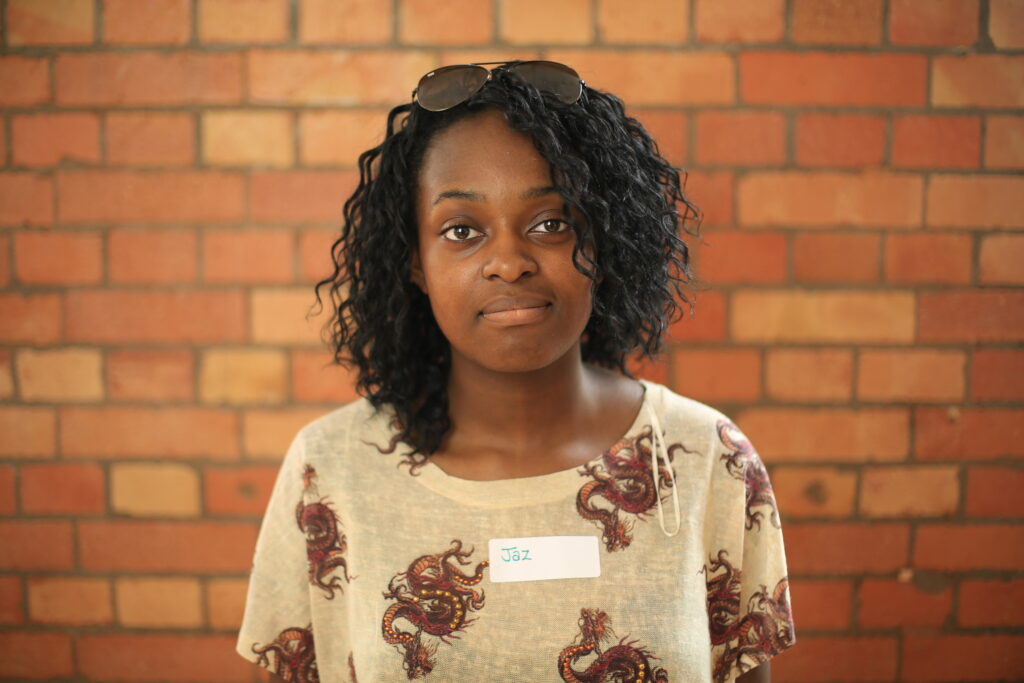As a third generation British Jamaican, I’d (unfortunately) grown up somewhat distant from my culture. Yes, there was the food and the music, but I had virtually no idea of Jamaican history that didn’t involve the slave trade or Windrush.
This ambiguous upbringing had me questioning my identity. A lot of people “find themselves” in their patriotism – their pride for their country, ethnic group, gender, sexuality, even football team. I think that any pride I had for these things were always gapped. I didn’t really know why I was so proud to be a part of a particular thing.
And to be honest, I think we usually attach ourselves to things out of a desire to belong.
So naturally, the first time I was questioned about heritage, I just assumed it was just a fancy word for culture. Eventually, I went and found the definition of heritage. Heritage is literally ‘what you inherit’. It doesn’t have to be a house, or a special piece of jewellery. For me, it was stories of Garveyism, or songs about digging holes to throw the devil in; my love for Funkadelic and prose. It all started with my parents, and their parents, and I take pride in that. To know that my heritage doesn’t just include the movement of black people to the West, but also includes inventions, triumphs, and my grandmother’s record collection. It makes heritage so personal, and therefore significant. And that is why the heritage of the British Jamaican diaspora will be different to that of British Nigerians for example, even though to many, it is one and the same.
Once I realised the range of things that make up one’s personal heritage, I understood the importance of organisations like the Heritage Lottery Fund. One of the best ways to find yourself is to take a journey back to your origins and find out why certain things are the way they are. That’s when you finally begin to understand your parents’ preference of okra and bammy over McDonalds.
Yes, I am a product of my culture, and the history of my culture. To say that colonialism and slavery hasn’t influenced my present would be a flat out lie. But it doesn’t define me.
I believe that’s a really important statement to make. It does not define us: our identity does not have to be found in negativities. So when George Clinton shouts “Soul is rusty ankles and ashy kneecaps”, I can relate in more ways than one, because we are shaped by so many forces in the universe. That’s a beautiful thing; it makes us literal works of art. We are so much more, because of what we have inherited.
Want to write a guest blog? The theme for June is ‘Youth Culture’. Send your blog to bradley@beatfreeks.com, or contact for more information.

